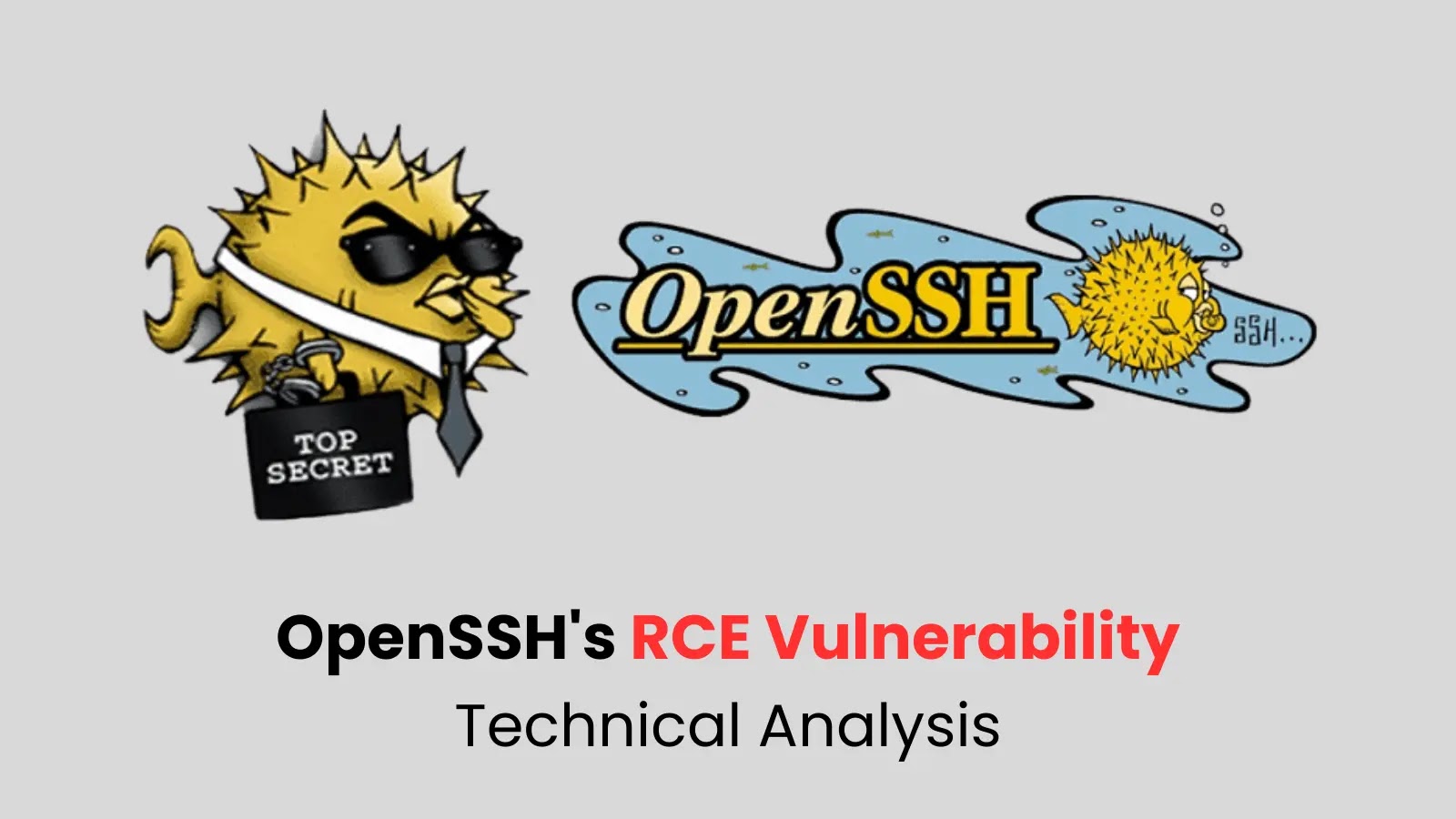

Introduction
In a revealing update from security researchers, a pressing remote code execution (RCE) vulnerability in OpenSSH’s agent forwarding function has been extensively analyzed. Designated as CVE-2023-38408, this critical flaw was disclosed in July 2023 and presents substantial risks to systems using OpenSSH versions prior to 9.3p2.
Discovery and Impact
The flaw was discovered by the Qualys Threat Research Unit and given an alarming CVE score of 9.8. OpenSSH’s agent forwarding capability, intended to simplify authentication processes across multiple servers, inadvertently opens a path for potential security breaches. Historically noted in OpenSSH’s documentation, the feature’s convenience could come at the cost of compromised security.
Risk Evaluation
This vulnerability takes advantage of the way SSH agent forwarding handles code loading, particularly from the /usr/lib directory, exposing systems to attacker manipulations. Vicarius’s detailed insights from their analysis emphasize the gravity of this security lapse.
Exploitation Mechanics
The exploitation of this vulnerability involves a complex yet potent attack sequence:
- Making the ssh-pkcs11-helper’s stack executable using specific shared libraries.
- Injecting malicious shellcode into the process memory.
- Modifying memory layout and altering signal handlers.
- Inducing a segmentation fault to execute the injected code.
Successful exploitation allows attackers to execute arbitrary commands with the same privileges as the user forwarding their SSH agent.
Scope of Influence
Over 8 million installations are potentially at risk, with specific emphasis on around 46,000 systems that directly expose SSH agent services, according to recent Shodan searches.
Patch and Mitigation Strategies
The vulnerability addressed in the OpenSSH release 9.3p2 incorporates several vital security patches:
- Immediate termination of processes involving invalid PKCS#11 providers.
- Restrictions on remote additions of FIDO/PKCS11 providers by default.
- Detailed pre-verification of library authenticity.
- Isolation of PKCS11 modules into separate helper processes.
Experts strongly advise:
- Prompt updating to at least OpenSSH 9.3p2.
- Restricting PKCS#11 provider usage to trusted sources.
- Exercising heightened vigilance when deploying SSH agent forwarding.
- Implementing comprehensive security scans to preempt potential exploits.
The revelation of this vulnerability not only casts light on significant challenges in secure network protocol management but also underscores the critical balance between convenience and security in networked environments. The detailed analysis sheds light on intricate security nuances and advocates for proactive security measures in response to potential threats.
Related: 7 Alarming Tactics North Korean Hackers Use to Target Crypto Companies
Last Updated: March 31, 2025




